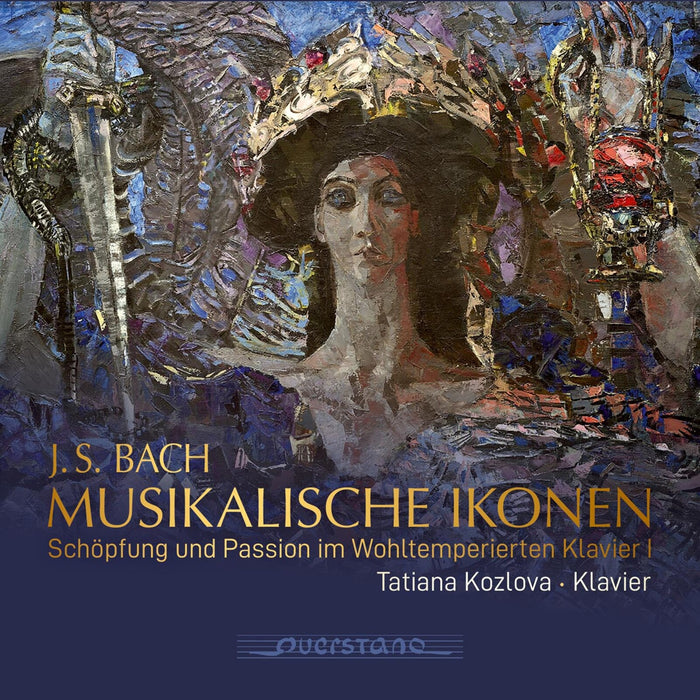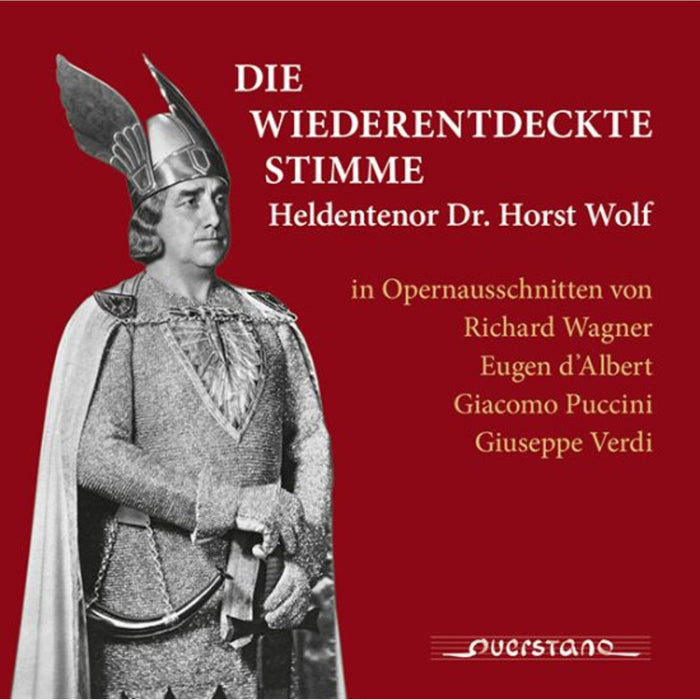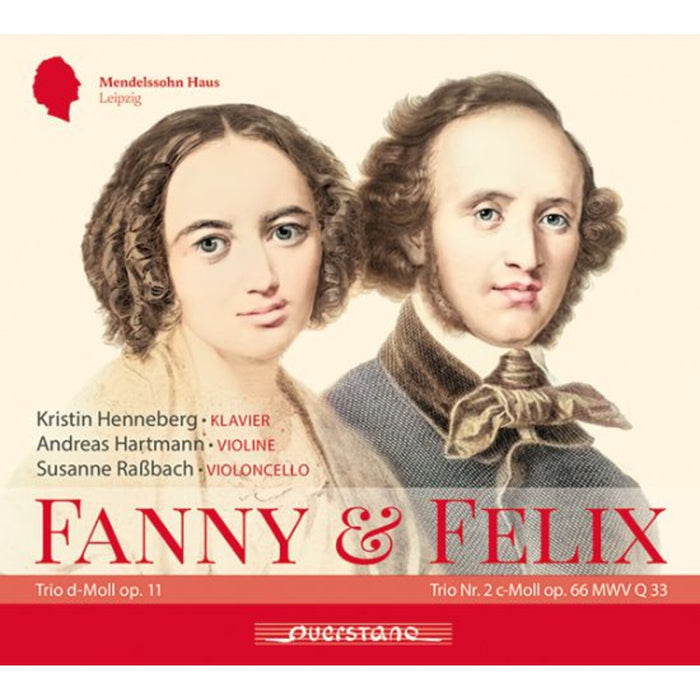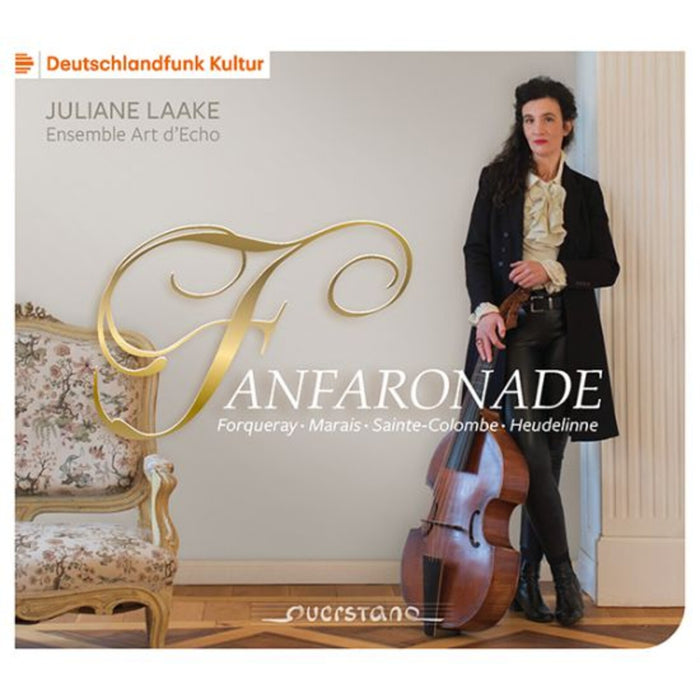Description
Towards the end of the 19th century, Strasbourg's Neustadt was built, the then expanding so-called German quarter of the city, which was recently declared a UNESCO World Heritage Site. The three historic organs built during this period and selected for this complete recording of Johannes Brahms' organ chorales are irreplaceable witnesses to an extraordinary artistic heyday. The three fin-de-siecle composers whose works Jean-Michel Douiller has recorded to round off this complete recording also bear witness to this: Ernest Chausson, Max Reger and Gustav Busch. The works of Chausson and Busch are being recorded for the first time on this CD. The magnificent Merklin organ from 1877 in the Strasbourg Temple-Neuf, which reflects French aesthetics, is the ideal instrument for Ernest Chausson's cycle "Vepres du commun des Vierges" (Virgin Vespers), which he composed in Italy in the winter of 1896/1897. Brahms' Eleven Choral Preludes were written when Chausson composed his work in the light of Fiesole, in that Tuscan light that the German composer loved so much. Also in 1897, the year of Brahms' death, the St. Paul's Church, then known as the Garrison Church, was inaugurated with its huge Walcker organ. Here, the visionary power of Max Reger, a great admirer of Brahms, could fully unfold. A few years later, in 1906, a choir organ designed by Albert Schweitzer was installed in the St. Thomas Church in Strasbourg . The Art Nouveau style of this wonderful instrument is in keeping with the Prelude op. 17.1 by Reger's student Gustav Busch, who died
young .
Jean-Michel Douiller has been titular organist at the Protestant Reformed Church of Bouclier in Strasbourg since 1999, where he was responsible for the reconstruction of the Thomas organ, which is designed in the style of the Thuringian organs of Bach's time, and is therefore very familiar with the organ landscape in the Alsatian metropolis.

















